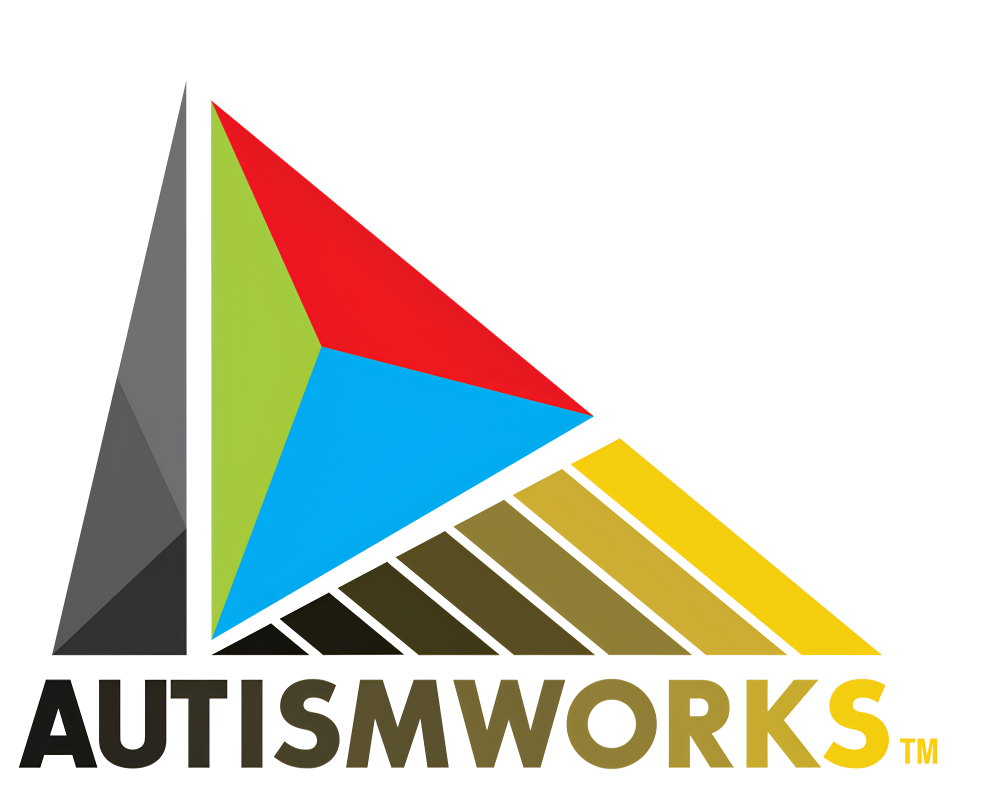Turn Interests Into Micro-Wins (That Build Skill and Confidence)
Hello Community,
I’ve learned that an intense interest isn’t a distraction—it’s a doorway. When I channel that interest into one small, finished thing, I get a micro-win: confidence goes up, skills sharpen, and momentum appears. This article makes a clear case for using interests—common in autism—not to “fix” anything, but to build something, one small result at a time.
Why this works (especially in autism)
-
Predictability lowers stress: A familiar interest reduces noise so focus can rise.
-
Depth creates mastery: Repeating small, similar tasks grows real skill.
-
Finished beats perfect: A completed micro-win teaches more than an unfinished big plan.
The Micro-Win Formula (finishable in 30–45 minutes)
-
Choose one tiny output
-
Art: one sticker/icon
-
Writing: a 150–200 word review or checklist
-
Music: a 30–60s loop
-
Tech: a simple script/template
-
Gaming: a controls guide, map, or boss notes
-
-
Package it clearly
-
Title (what it is + who it helps)
-
1–3 bullet benefits
-
One preview (image/clip)
-
One-line “how to use”
-
-
Share safely
-
Trusted person, small forum, or private group
-
Ask one question: “What’s one improvement you’d like?”
-
-
Iterate once
-
Improve clarity (labels), access (file size), or fit (one requested variant)
-
Repeat the loop. Small improvements stack.
Examples across interests
-
Trains → printable station checklist, photo ID cards, route map for a local ride
-
Animals → one-page pet-care guide, species flashcards, enclosure layout sketch
-
Space → “Tonight’s Sky” stargazing card, planet fact mini-cards
-
Coding → filename renamer, image resizer, habit-tracker spreadsheet
-
Music → focus loop pack (3 short tracks), simple SFX kit
-
Art → avatar pack, coloring page set, icon library (light/dark)
Measuring progress that matters
-
Attempts shipped per week (not ideas started)
-
Iteration count (2–3 rounds beats 1 “perfect” draft)
-
Time to complete a standard item (aim lower over time)
-
Energy after session (0–10)—if <4 for a week, shrink the task
If you want to test value (optional, careful, clear)
Low-friction options: tip jar, pay-what-you-want, one weekly commission slot, a 5-item bundle.
Set boundaries up front: scope (“one revision”), timing (“3-day delivery”), safe messaging only, guardian involvement where appropriate.
Simple script:
“Custom [item] includes one revision, $25, delivered in 3 days. Proceed?”
Supporter playbook (parents, teachers, therapists)
-
Name the skill, not just the interest: “You organized complex info clearly.”
-
Time-box support: “20 minutes to finish one card, then break.”
-
Bridge to real life: “This checklist style could help your morning routine.”
-
Praise completion: “You shipped it. That matters.”
Avoid turning the interest into pressure or a full business too fast. Let the learner set the pace.
Guardrails against overload
-
Plan exits before starting (timer, stretch, water).
-
End with a written “next step” to make re-entry easy.
-
Keep a “later list” so today stays small.
-
Protect sleep; depth works best on a rested brain.
I don’t try to tame interests; I aim them. One tiny, finished output at a time turns passion into proof—of skill, of progress, of capability. Call it practice, call it portfolio, call it pride. Micro-wins make it real.
With encouragement,
Tyler McNamer
Founder, AutismWorks



Responses